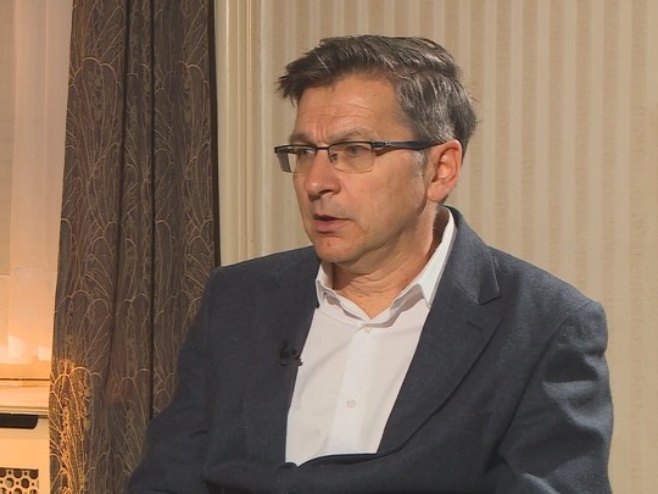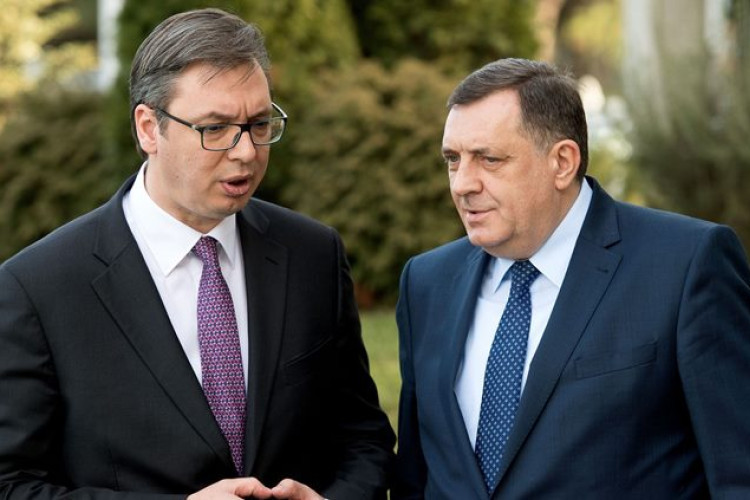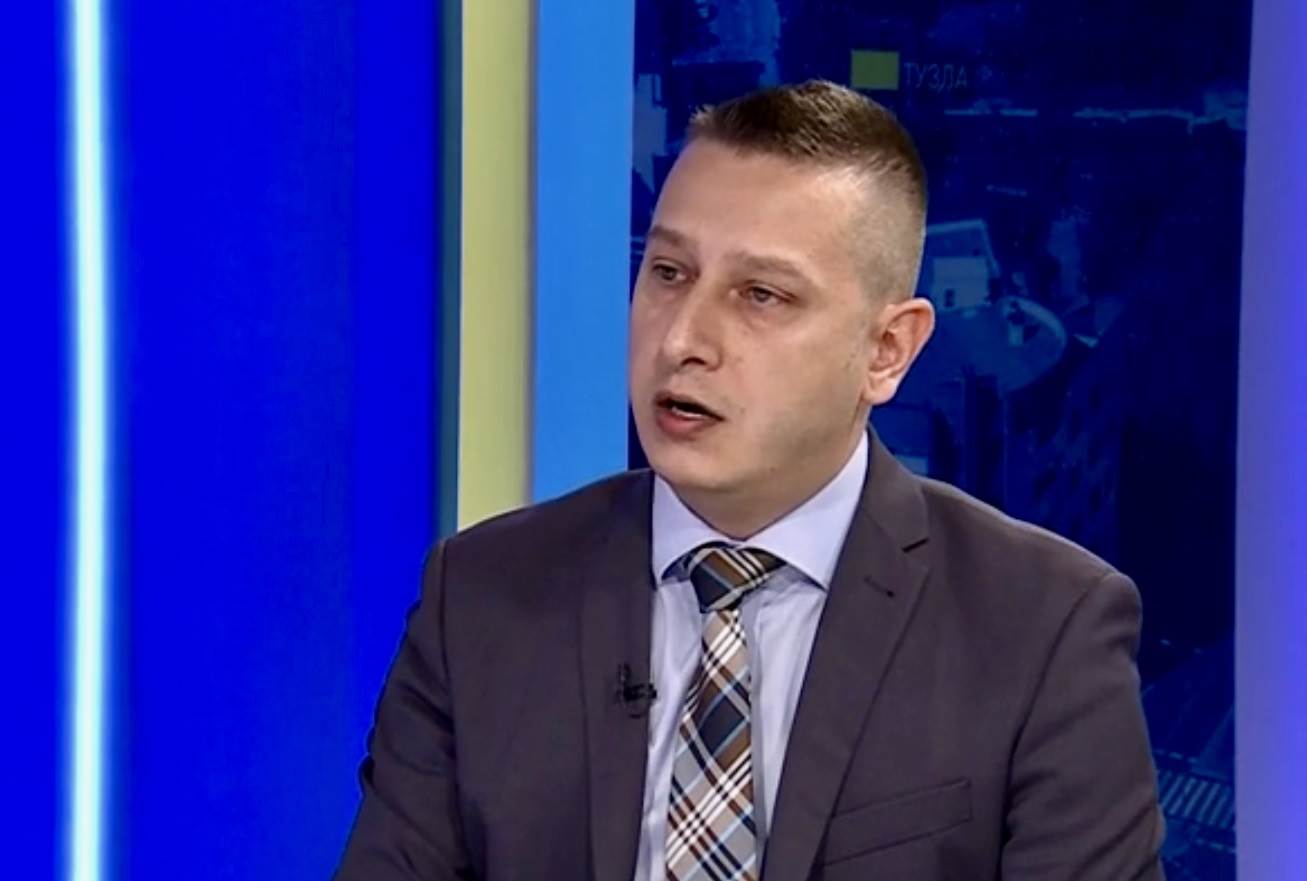Serbia could find itself in a difficult situation if it continues to support Republika Srpska.
This is how the recent statement by James O’Brien, the U.S. Assistant Secretary of State for European and Eurasian Affairs, can be interpreted. He mentioned that sanctions are possible for those who support individuals under sanctions.
“Our current sanctions indicate that anyone providing material support to a specific individual or institution under sanctions is subject to potential sanctions,” O’Brien stated, referring to the punitive measures imposed by his country on physical and legal entities in Republika Srpska.
Serbia has continuously supported Republika Srpska, investing around 100 million euros through various projects. This was highlighted earlier this month when Serbian President Aleksandar Vučić visited Stanari to open a healthcare center funded by Serbia.
“It is our duty to stand by our people in Republika Srpska, both in good times and in difficult ones. We will help as much as we can, and we will continue to help,” Vučić said at the time.
Republika Srpska President Milorad Dodik has repeatedly explained that, despite regular salary and pension payments, there is an organized formal and informal pressure on the financial sector of Republika Srpska.
In addition to the sanctions imposed by the U.S. on Dodik, his family, and close associates, companies identified by Washington as “his” were also targeted, with accusations that he used them to “extract money.” These companies, which employed many people and worked with Srpska’s institutions, had their accounts blocked due to the sanctions, causing transaction issues.
Furthermore, banks began refusing to open accounts for companies on the “blacklist,” and individuals under sanctions were unable to receive salaries through banks, leading to an alternative solution where payments were made via postal services.
Former Foreign Minister Vladislav Jovanović told Novosti that he views the U.S. pressures on Republika Srpska, and consequently Serbia, as part of a broader package tied to Kosovo and Metohija.
“The U.S. urgently needs to stabilize the situation in the Balkans in a way that suits them, which could be seen as a checkmate in two moves. They want to quickly finalize Kosovo’s independence, with us simply approving it, and that’s why there are, and will be, increasing pressures, both external and internal,” Jovanović stated.
He added that there is a plan to intensify pressure on Republika Srpska, aiming for a more direct push toward the centralization of BiH and its rapid inclusion in Euro-Atlantic integration.
“They are openly signaling that this is the desired outcome, and they no longer hide it. The sanctions against Srpska are part of an effort to centralize BiH, despite the Dayton Agreement,” Jovanović said.
Jovanović explained that the reason behind the U.S. pressures is their desire to resolve the situation in the Balkans so that they can then focus on the major challenges in the East.
“And those challenges are alarming, especially with the upcoming BRICS summit in Kazan. Around 20 new members are waiting to join, including one that is part of the alliance—Turkey. We must remain firm in defending our national interests. We are not as isolated as we once were, as changes in international relations are happening. If we give up on Kosovo and Metohija and Republika Srpska, we are giving up on ourselves,” Jovanović emphasized.
Source: Glas Srpske









